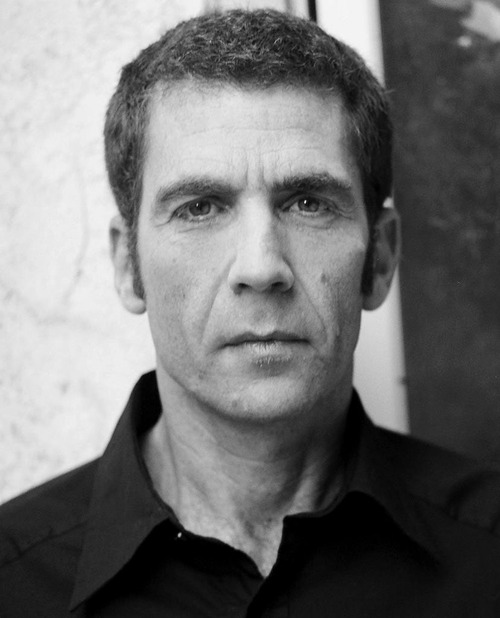
Jerry Stahl is probably best known for his 1995 memoir, Permanent Midnight, which details his struggle with heroin abuse in the 1980s while he wrote for such TV shows as Thirtysomething and Alf. He adapted the memoir into a film starring Ben Stiller, who played Stahl. Some of his novels include Bad Sex on Speed, Pain Killers, I, Fatty, and, most recently, Happy Mutant Baby Pills. In its fearlessness and ferocity, his work represents a strenuously vivid voice in fiction, one that I find myself inordinately fascinated by and returning to read often. His website is jerrystahl.co.
—Brandon Hobson
BRANDON HOBSON: Jerry, how did you capture the voice of Fatty Arbuckle so well in your novel I, Fatty?
JERRY STAHL: It’s funny, the first thing Philip Seymour Hoffman, who was originally slated to play Arbuckle, said to me was basically, “This is really an autobiography. You just wrote your own story in the voice of a fat guy.” Which, I did not realize until he mentioned it, is absolutely true. What made me fall in love with Arbuckle was hearing the story how, when he lost, like, one-hundred pounds after kicking the heroin some quack got him hooked on, he had to wear a fat suit so he could look like who the public thought he was. This was before air conditioning, and he had to go on a tour of the Midwest, in the summer, and the sheer hell of that – coming off dope and sweating your ass off, in public, where you had to look happy. Hard to find a better set up for hell on earth. How could you not love the poor bastard?
On some level – not to go zero sum metaphoric – this book was me putting on the fat suit, a disguise from behind which I could march out my own feelings and experience of the world. But voice-wise, specific ally, here’s what made the story really fucking irresistible. This was the dawn of the Wise Crack Era. So, in Fatty, I got to write in homespun wise crack-ese, the best delivery system for early 20th century bitter American wisdom ever invented. (Oscar Levant, another genius outsider I wrote a soon-to-be-never made script about, made a career out of saying things like “I knew Doris Day before she was a virgin.” Or, “Self-hate is just narcissism with its pants on backward.”) I could listen to that stuff all day. And writing it was pure joy. Weirdly, after she died last year, I realized some of this argot I got from my own mother, who was...
You have reached your article limit
Sign up for a digital subscription and continue reading all new issues, plus our entire archives, for just $1.50/month.
Already a subscriber? Sign in




